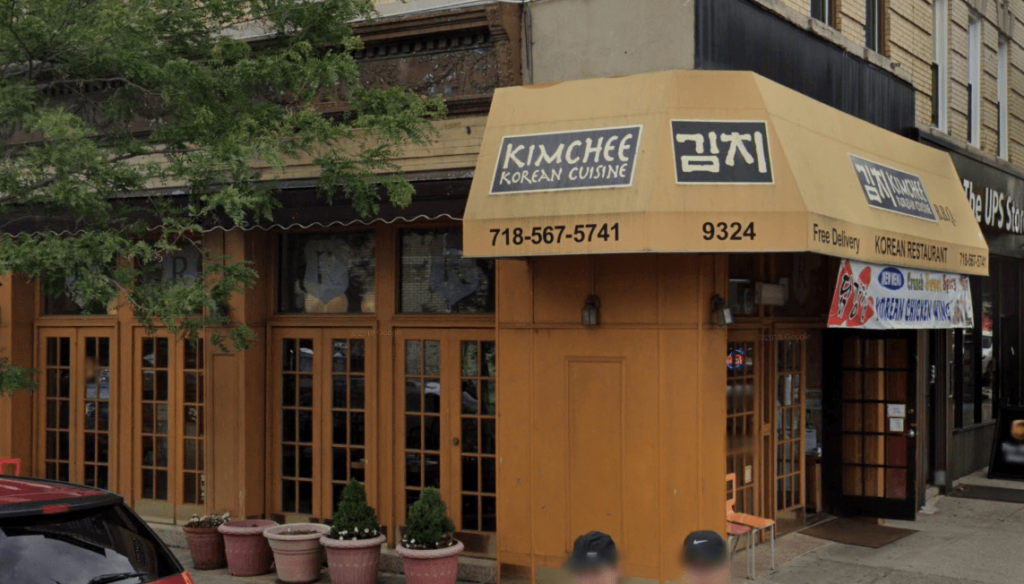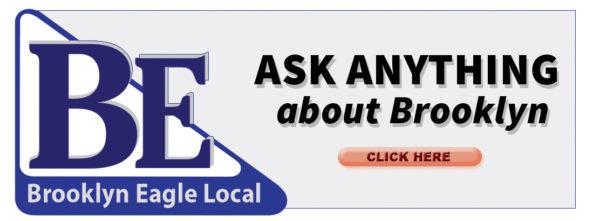Brooklyn businesses need cash grants, rent relief, says Brooklyn Chamber president

 What the majority of Brooklyn small businesses need today are not necessarily loans, but rent relief, personal protective equipment, and, most importantly, cash grants, Brooklyn Chamber of Commerce President and CEO Randy Peers says.
What the majority of Brooklyn small businesses need today are not necessarily loans, but rent relief, personal protective equipment, and, most importantly, cash grants, Brooklyn Chamber of Commerce President and CEO Randy Peers says.
A recent survey of 233 small businesses by the Chamber showed that 53 percent reported they would have to struggle to stay open during the next three months. Moreover, while 74 percent said rent relief was very important, 61 percent said their landlords were not offering rent relief.
While Peers said the Chamber is still compiling data on how many Brooklyn businesses have been forced to close their doors since the coronavirus pandemic began in March, a restaurant website, New York Eater, recently detailed 28 restaurants that have gone out of business. The number is probably higher than that, since New York Eater did not list any restaurants in the southern half of the borough.

Brooklyn Boro
View MoreNew York City’s most populous borough, Brooklyn, is home to nearly 2.6 million residents. If Brooklyn were an independent city it would be the fourth largest city in the United States. While Brooklyn has become the epitome of ‘cool and hip’ in recent years, for those that were born here, raised families here and improved communities over the years, Brooklyn has never been ‘uncool’.